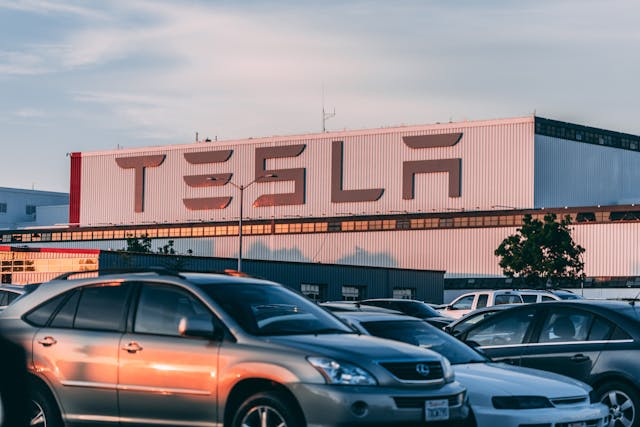Home » News » 2024 » December
News Brief
Dec. 19, 2024 |
By: Mike Moen - Public News Service
Consumer experiences with electric vehicles on upswing

By Mike Moen - Public News Service
A leading consumer publication says electric vehicles are gaining ground on gas-powered cars when it comes to feelings about reliability.
However, an EV enthusiast and Nebraska electrical engineering professor and said there's an information gap, while also highlighting improved technology.
The new reliability survey from Consumer Reports found that EV owners reported 42% more problems than gas-only cars.
That compares to nearly 80% from the previous survey, indicating a major improvement.
Retired University of Nebraska professor Don Cox said the batteries in most EVs are much better than they used to be, potentially easing concerns about them performing in colder climates.
"Batteries have improved a lot over the last 10, 15 years," said Cox. "A huge amount. They are continuing to improve."
However, he said EV batteries will always need a little time to warm up when it's cold, impacting their range in the winter.
Even though that perfection might never be achieved, Cox and other researchers say EVs are proving to be more efficient than gas models, overall.
He said he disagrees with how Consumer Reports puts together its evaluations, and added there isn't enough widely circulated ratings for buyers to lean on.
Dissecting issues such as reliability often coincides with measuring sales of electric vehicles. Cox was one of the first EV owners in Nebraska, which still lags other states for these purchases.
But with the help of federal investments, he said more chargers are being added, including near interstates to accommodate longer trips.
And the median range has increased from 80 miles in 2010 to roughly 250 miles today.
"I think that as people understand more about electric cars," said Cox, "that they're going to be more useful almost everywhere."
Nationally, researchers say issues still have to be sorted out in building up a strong charging network.
That includes drivers encountering broken charging equipment and the need for these sites to be maintained.
![]()






